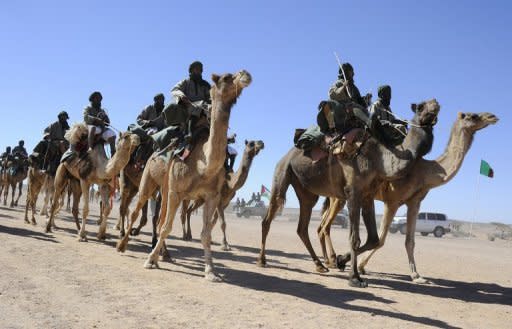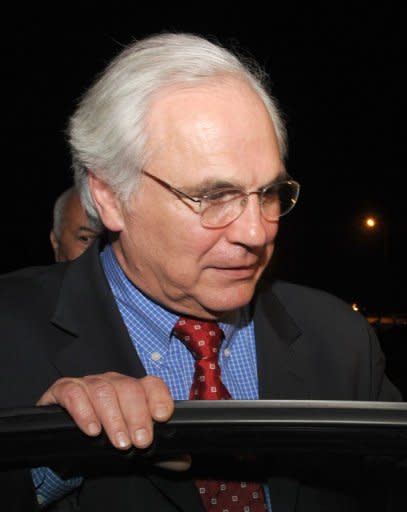Morocco-Polisario talks hit dead end
Peace efforts between Morocco and Western Sahara rebels have hit a deadlock with a UN envoy unable to organize new talks between the rivals, diplomats said after a Security Council meeting. The Polisario Front's UN representative said Morocco was refusing to come to talks. Diplomats who attended the Security Council meeting on the disputed territory said Morocco had pleaded the case that elections this month meant it could not come to more talks until next year. Morocco annexed Western Sahara in 1976 after a Spanish withdrawal, and Polisario fighters took up arms for an independent state. The UN brokered a ceasefire in 1991 but a promised self-determination referendum has never been held. Eight rounds of informal talks between the two sides, brokered by UN special envoy Christopher Ross, have been held since April 2007 -- the latest in July. But no progress has been made in efforts to start a formal process. Morocco, which will become a member of the 15-member Security Council from January 1, refuses to allow any discussion of possible independence, only greater autonomy under Moroccan rule. The Polisario Front's UN representative Ahmed Boukhari accused Morocco of seeking "to block the scheduling of further rounds of informal talks." He told reporters a lack of contacts until next year would create "a dangerous vacuum" and that tensions are increasing again in Western Sahara. No Moroccan representative spoke to reporters after the meetings but according to diplomats at the meeting, Morocco said a legislative election this month meant it could not attend talks. Ross has reportedly proposed setting up a committee of "wise men" from Africa who would seek to break the deadlock. Boukhari called on the Security Council to put pressure on Morocco to return to talks. African Union nations have vowed to take up the Western Sahara case and demands that the UN mission in the territory carry out human rights monitoring. "Our concern is that there is no movement in the core issues," said South Africa's UN ambassador Baso Sangqu. The UN operation in Western Sahara, MINURSO, is the only mission that does not have a human rights mandate. "It is important that MINURSO has a permanent (rights) mandate, it is the only way that you can credibly verify what is going on," Sangqu said. The envoy also criticized the Security Council attitude to Western Sahara. "This matter is low on the agenda of the Security Council ... despite the fact that this is part of the Arab Spring which some of the council members want to promote," Sangqu said.



